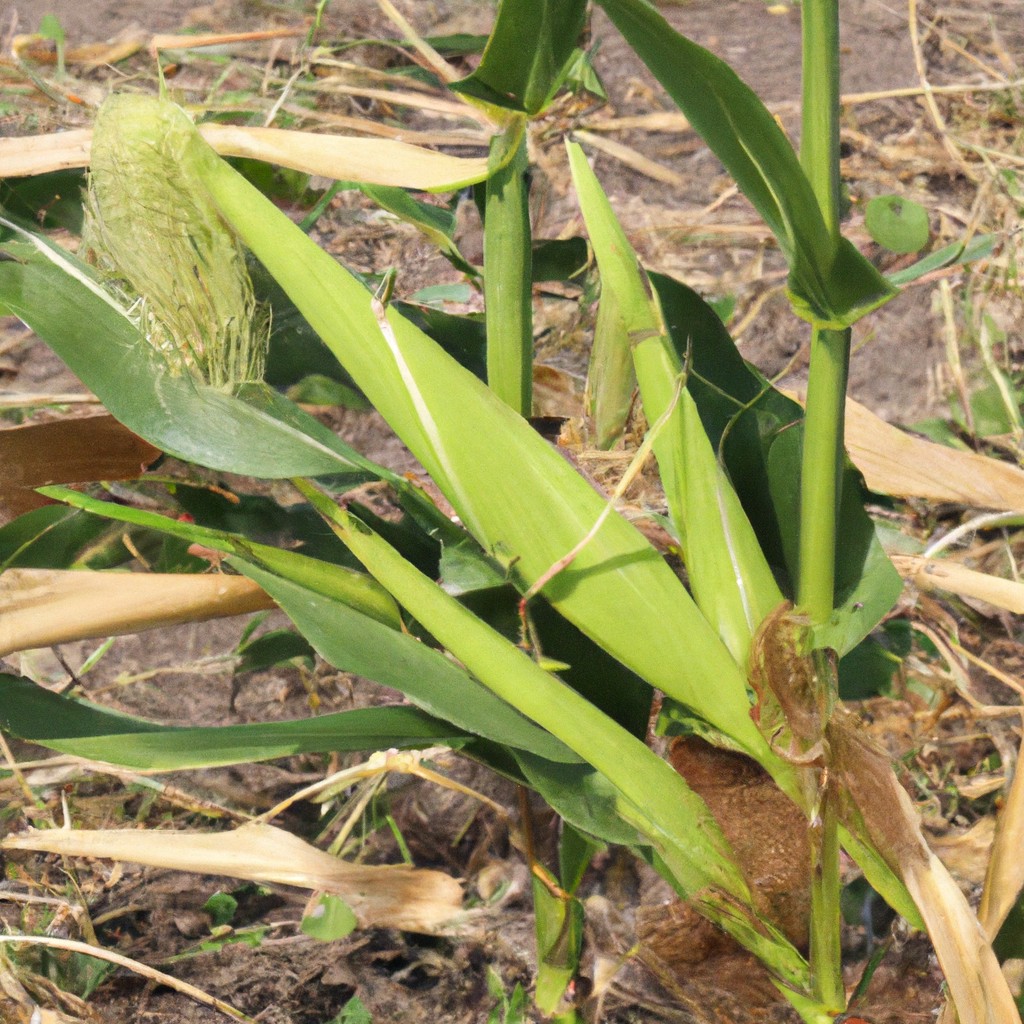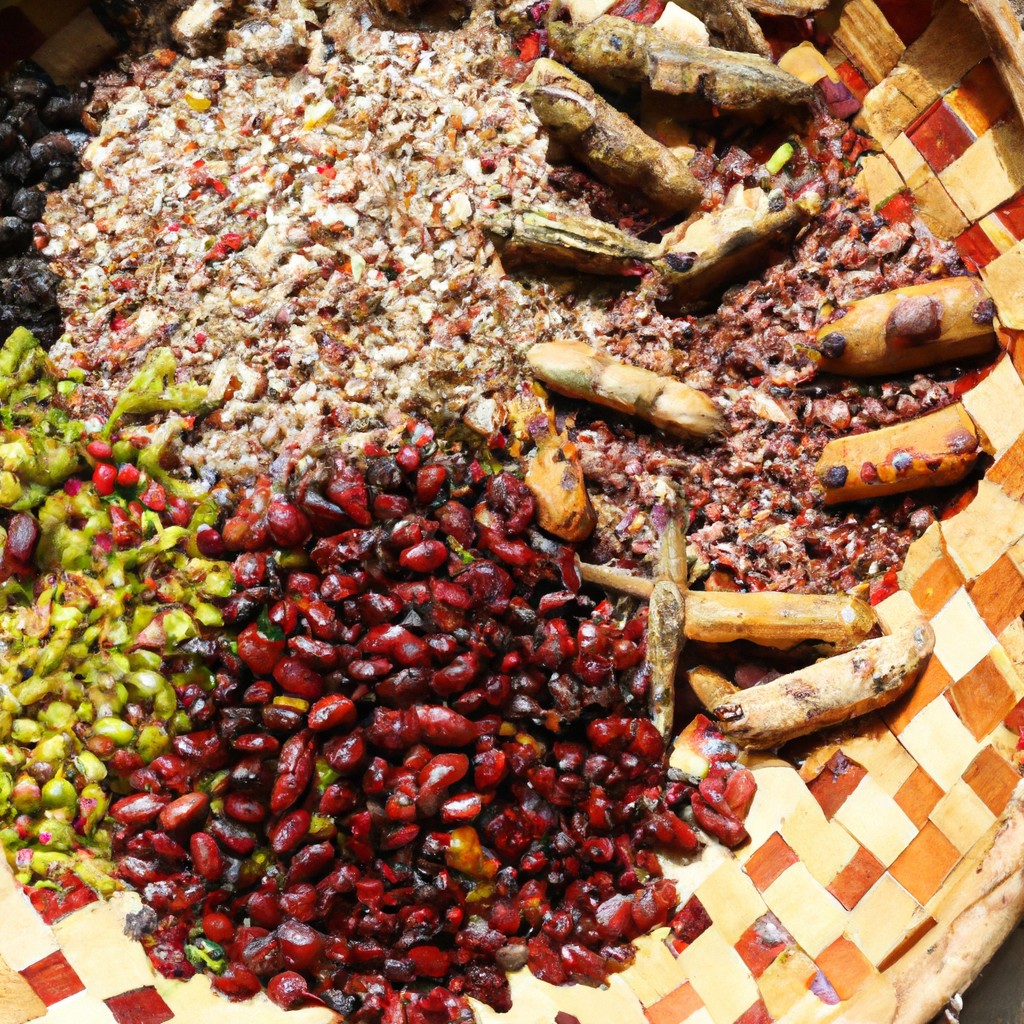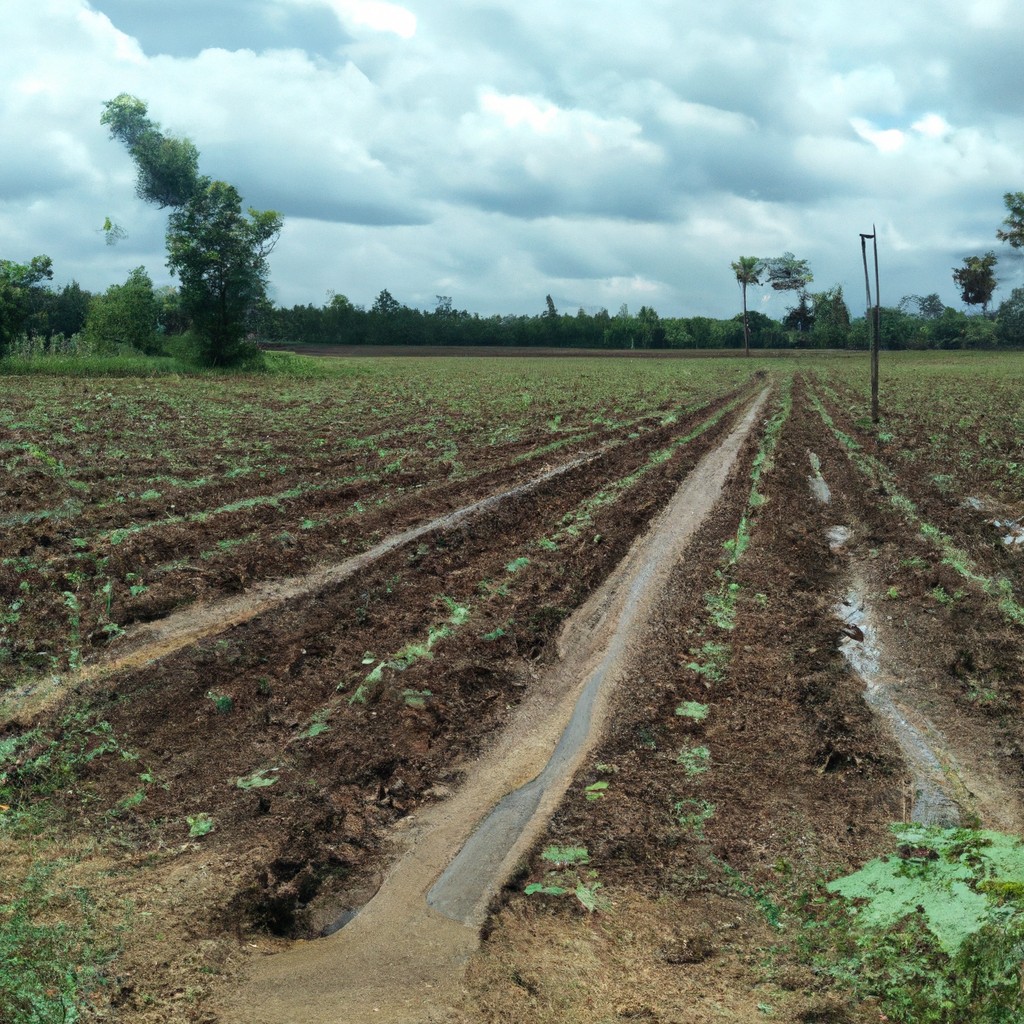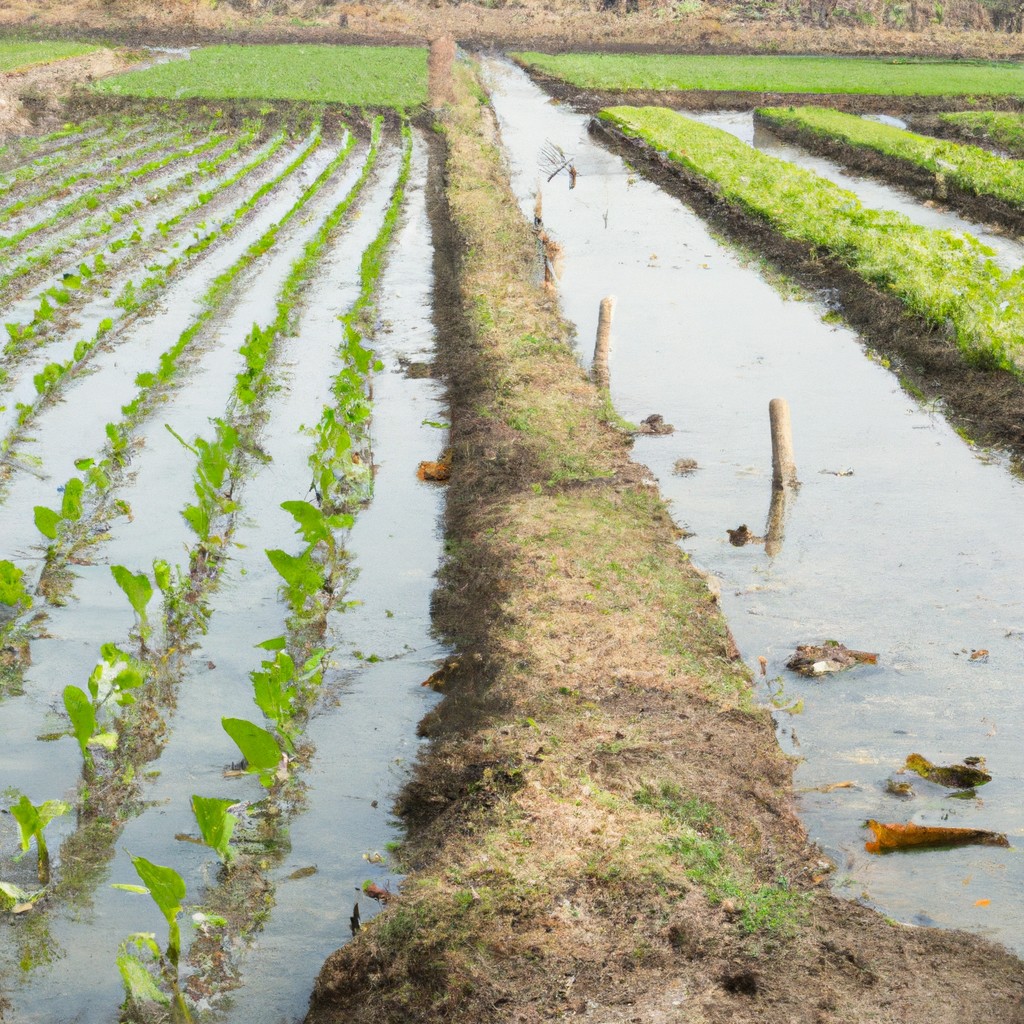Discover how investing in agriculture stocks can sow the seeds for a greener portfolio and potentially reap financial rewards.
Look Inside:
Understanding Agriculture Stocks

Agriculture stocks represent shares of companies within the farming industry, including crop producers, livestock companies, and agricultural machinery manufacturers. Investing in these stocks is essentially buying a piece of the agricultural sector’s pie. Who doesn’t love pie, right? Especially when it could potentially grow larger.
Let’s chow down on some key points:
– Diversity is the spice of life, and agri-stock portfolios can vary from the soil up. They might include seeds and fertilizer merchants, irrigation equipment suppliers, or even tech firms focused on precision farming.
– The health of the industry is like monitoring the growth of a young sapling; influenced by factors such as weather patterns, global food demand, and agricultural policies.
– Just like farmers follow the seasons, agricultural stocks can be cyclical. They may flourish in times of high commodity prices but wilt when prices decline.
– Not all baskets hold the same eggs. Some agriculture stocks offer dividends, providing a little nest egg of regular income regardless of market conditions.
Remember, like a well-cared-for field, understanding the dynamics of agriculture stocks can yield fruitful dividends down the road. Keep your investment tractor running and eyes on the horizon for shifts in the agri-economy skies.
Key Players in the Agriculture Stock Market
The agriculture stock market showcases a diverse cast of companies. These range from crop producers to equipment manufacturers, each vital to the farming ecosystem. Seed and fertilizer giants such as Monsanto and Nutrien command attention due to their extensive influence on crop yields and farm productivity.
Equipment manufacturers like John Deere provide the hardware that powers day-to-day farm operations. Their success often reflects broader agricultural health and technological advancements in farming.
Agribusiness conglomerates, for example, Archer-Daniels-Midland, play a pivotal role, spanning multiple stages of the supply chain. They engage in everything from processing crops to transporting and trading agricultural goods.
Biotech firms also contribute innovation, developing genetically modified seeds to combat pests and increase resilience. Their stocks might fluctuate based on regulatory changes and public sentiment about GMO products.
Lastly, organic and farm retail companies, such as Sprouts Farmers Market, tap into consumer trends and preferences for sustainable and locally sourced foods. They’re sensitive to shifts in consumer behavior and can offer investors a gauge on the organic market’s pulse.
Investors often watch these key players for insights into the sector’s performance and potential growth areas, such as sustainable farming practices or precision agriculture technology. Understanding each player’s role provides context for their stock’s price movements and helps predict the sector’s trajectory.
Top Agriculture Stocks Overview
Diving into the juicy bits of agriculture stocks, let’s peek at the major players. Think of them as the heavy-lifters, the ones with their roots deep in the industry, nourishing portfolios as they grow. First, we have the seed and fertilizer moguls, companies that provide the very backbone of farming itself. These stocks often experience consistent demand because, let’s be real, people always need to eat.
Next up, we have the equipment champions, the companies that manufacture the tractors and combine harvesters—the big, shiny machines that make large-scale farming possible. These stocks can be more cyclical, ebbing and flowing with the economic tides.
Don’t forget the tech innovators either. Precision agriculture is the hot potato these days, and companies paving the way with farm-friendly technology can be dynamic choices for investors keen on the future. Think drones that babysit crops or software that whisper sweet nothings to farmers, helping them grow more with less.
Lastly, agricultural commodities themselves can be a direct but more volatile play, turning the stock market into a bit of a barn dance. Here, weather can be a fiddler on the roof, playing tunes that either make these stocks soar or swoop.
In essence, a blend of staple suppliers, tech revolutionaries, and commodities form the stalk of agriculture stocks. They thrive on innovation, global food demand, and are seasoned with a pinch of unpredictability – after all, Mother Nature has a habit of keeping farmers and investors on their toes.
Factors Affecting Agriculture Stocks
The weather can be a fickle friend or a formidable foe to farmers. Its whims influence crop yields, which in turn sway the performance of agriculture stocks. A season of plentiful sunshine and timely rains can lead to bumper crops, boosting stock values. On the flip side, droughts or floods often signify tight times ahead for stockholders.
Market trends are the currents that carry prices in various directions. Consumer preferences for organic produce or plant-based materials can buoy up stocks in those sectors. Conversely, a shift away from certain crops or products can see corresponding stocks take a dip.
Commodity prices keep investors on their toes. These prices can be as volatile as a bull in a china shop, and when they swing, agriculture stocks feel it too. A surge in the price of corn or soybeans, for instance, can be good news for relevant stocks, while a price plummet may spell trouble.
Government policies and subsidies are akin to the guardrails on the highway of agriculture stocks. Changes in government support, trade agreements, or tariffs can either stabilize or destabilize market conditions. These factors can take stocks for a joyride or pull the emergency brake on their performance.
Technological advancements sow seeds of growth in the agriculture sector. Breakthroughs in farming tech or sustainable practices can harvest a bumper crop of investor interest, giving a helping hand to stock values.
Global events, such as pandemics or geopolitical conflicts, are like plot twists in an investor’s story. These events can disrupt supply chains, alter trade dynamics, and lead to unpredictability in stock prices.
Investor sentiment often acts as the chorus in the Greek tragedy (or comedy) of the stock market. Mood swings among investors, driven by any number of the above factors, can have a dramatic impact on stock prices. An upbeat investor outlook can pump life into stock values, while pessimism can drag them down.
Understanding these forces can help investors steer through the agricultural stock landscape with foresight and savvy. Keeping tabs on these factors can be the difference between reaping a harvest or facing a barren field in the world of agriculture investing.
Long-term Outlook for Agriculture Stocks
Agriculture stocks offer a unique angle for the investor eyeing sustainable, long-term growth. As global populations swell and arable land remains finite, companies producing essential commodities like grains, meat, and dairy stand to gain from increased demand. Emerging technologies in precision farming and crop yield optimization also promise to add sprouts of growth to valuably sown investments.
However, it pays to bear in mind that this sector is not immune to cycles of boom and bust. Climate change poses significant risks, potentially leading to erratic weather patterns and crop failures. Companies that adapt and invest in sustainable farming practices are more likely to weather these storms.
Another green shoot of opportunity lies in the plant-based product market. With consumer appetites for meat alternatives sprouting up, stocks in this arena could reap rewards. Keeping an ear to the ground for such trends is key.
Despite the potential ebb and flow, agriculture stocks could be a staple in an investment diet that is hungry for diversification and grounded in long-term nourishment. Just remember, like a good farmer, patience is essential; crops don’t grow overnight and neither do portfolios.




